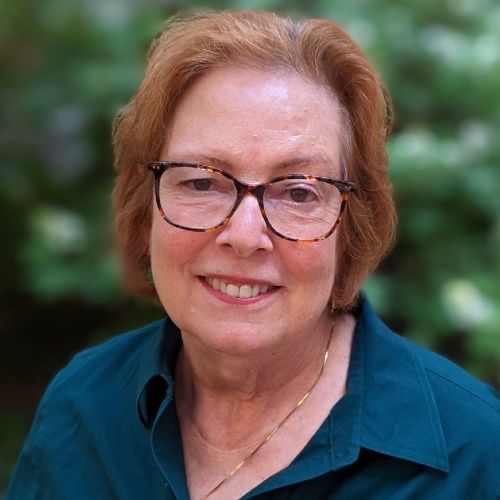Research indicates social media intensifies spread of conspiracy theories
- February 11, 2022
- By Jill Young Miller
- 3 minute read

Conspiracy theories about COVID-19 pose a public health risk. They trigger suspicion about scientific recommendations, hurt response efforts to the pandemic and even have led to the burning of 5G cellphone towers.
“Because of their powerful influence in shaping both our narratives about and responses to the pandemic, these conspiracy beliefs receive a great deal of public attention,” said Olin’s Benjamin Dow, a postdoctoral research scholar in organizational behavior.
In a recent study, a review of literature about COVID and the internet, Dow and his coauthors found that the pandemic intensified the spread of conspiracy theories. As COVID disrupted social structures, people turned to the online world, and that led to “increasing contagion,” he said.
They specifically studied social media during the pandemic. “I thought, surely there’s something interesting going on here that could be better understood,” Dow said.
As conspiracy theories are reinforced in online communities, social norms develop, translating conspiracy beliefs into real-world action.
— Benjamin Dow
Their study revealed this: “Social media radicalizes beliefs.” Then, “as conspiracy theories are reinforced in online communities, social norms develop, translating conspiracy beliefs into real-world action,” he said. Such actions might include rejecting wearing face masks or flouting rules about social distancing.
When the real-world actions are posted back on social media, they’re further reinforced and amplified, and the cycle continues, Dow writes in “The COVID-19 pandemic and the search for structure: Social media and conspiracy theories,” published in Social and Personality Psychology Compass.
“The attention can drive perceptions that conspiracy beliefs are less fringe and more popular, potentially normalizing such beliefs for the mainstream.”
‘Sudden lack of control and increased uncertainty’
In general, the pandemic increased social media usage. General internet activity rose 25% in the days after lockdown, the authors note.
Specifically, in 2020, global social media use accelerated by 13%, with 330 million new users, resulting in a total of 4.7 billion total users in April 2021.
“We argue that part of the reason people consumed more social media was because of pandemic-related disruptions to their cognitive and social structures. Although this may not have been the only reason for the increase, it is a significant contributing factor.”
In the context of the pandemic, “the sudden lack of control and increased uncertainty may have made people particularly vulnerable to conspiracy theories as a form of alternative structure,” Dow said.
Because social media played a central role in the spread and endurance of COVID-19 conspiracy theories, the question is how to interrupt the cycle. The authors assert “there are several proven options” for reducing the negative influence of online conspiracy theories:
- Content restriction (preventing exposure to and breaking up echo chambers);
- pre-bunking (attempting to inoculate people before they are exposed);
- critical consumption (encouraging cognitive engagement during exposure);
- and, if all else fails, debunking (trying to alter conspiracy beliefs already held and address the problematic downstream attitudes and behavior directly).
Another option is to encourage breaking down group demarcations and to encourage social connections that were lost or weakened in the pandemic.
“One of the things that was surprising to me that I took away was how much the social side matters,” Dow said.
“So how do we reconnect people with friends and family and more diverse groups of people with different kinds of opinions so that their self-worth and identity isn’t tied up in being a permanent believer in a conspiracy theory?”
Media inquiries
For assistance with media inquiries and to find faculty experts, please contact Washington University Marketing & Communications.
Monday–Friday, 8:30 to 5 p.m.
Sara Savat
Senior News Director, Business and Social Sciences
